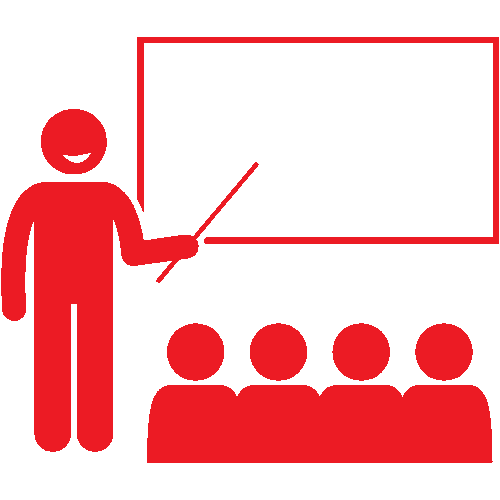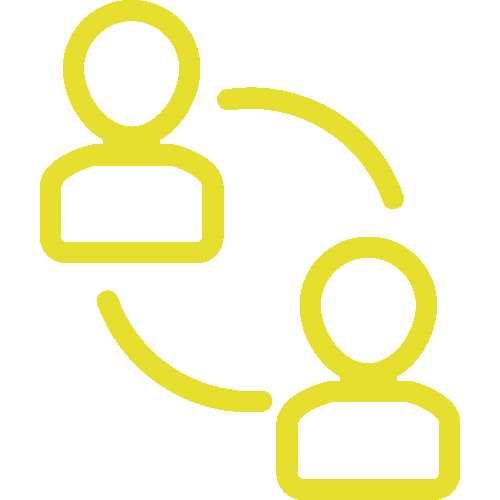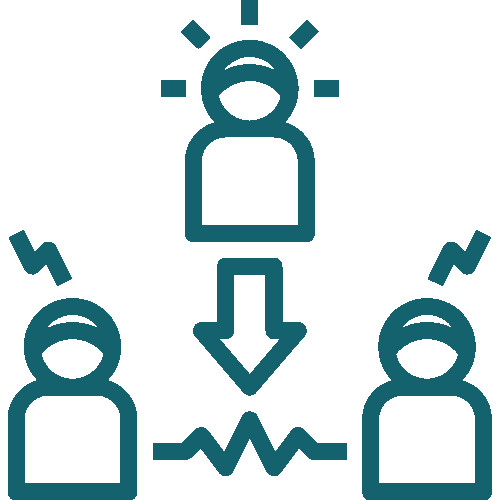Our Approach
Our key differentiator in health systems strengthening is the strong link that we make between people development (change in the mindset of health workers) and systems strengthening (change in how work gets done and how the system functions) to improve health outcomes.
People Development
focuses on building technical management competencies and catalysing a mindset shift towards transformative leadership and collective impact principles and practices.
You can hear from some of the healthcare professionals we worked with in Malawi in this video.
As a Multi-sectoral stakeholder, we work with include implementing partners (e.g. NGOs), funding partners, and civil society organisations.
Interactive Workshops
We ignite the transformative leadership and culture change journey through interactive workshops. Each interactive, practical skills development-oriented workshop follows a curriculum that is tailored to the needs and context of the attendees, however, the core management skills include:
We have begun piloting an online Spark health Africa Learning and Networking centre which will allow us to offer a blended learning experience with virtual and in-person interactions for all of our program participants and alumnae.
On-The-Job Coaching and Mentoring
Through intense on-the-job coaching and mentoring we walk with health care management teams to transform management skills into competencies.
We mentor teams to collaborate by iteratively applying management skills to healthcare service delivery gaps, which in turn allows for lessons learned and insights gained to be synthesized into knowledge. Using new knowledge created, teams can approach the same problems with fresh eyes and an expanded knowledge base, which in turn transforms their skills into competencies and new mindsets of what is possible in their context and available resources.
While the skills teach teams ‘what’ they need to do, competencies bridge the gap for ‘how’ to practically apply those skills to improve health outcomes within their specific context. As teams build competencies together the practices and behaviours within their sphere of influence change, resulting in a change in their overall work culture, or ‘how things are done’.
Thought partnership
We coach teams to adopt transformative leadership and culture change principles. Unlike skills and competencies, these principles are not simply learnt and applied, but embodied in beliefs, attitudes and behaviours. They are a way of thinking and approaching work.
Thought partnership occurs during on-the-job mentoring sessions as we support teams to identify opportunities to apply these principles as part of their real-world problem-solving. These principles engender resilience in healthcare workers, which in turn builds resilience into the overall healthcare system.
The core transformative leadership and culture change principles we endeavour to impart to teams are:
Mediation
We mediate difficult conversations between multi-sectoral stakeholders to drive radical collaboration as they pursue a mutually beneficial government-led agenda. In order to achieve collective impact, stakeholders must unpack and address their disparate views and barriers to working together with transparency and honesty. We use our facilitation expertise and position as a knowledgeable and neutral external player to guide often– difficult conversations between coalitions of stakeholders who are seeking more authentic relationships, radical collaboration, and deliberate cooperation to achieve impact.
Our approach to mediation is to facilitate relationship-building rather than one-off co-creation or conflict resolution. When stakeholders build intentional relationships, their collaborative work culture completely changes towards practices and behaviours that are more conducive to all future co-creation and conflict resolution. For this reason, we mediate conversations over a sustained period of time as stakeholders iteratively address issues as a collective and become more strategic and intentional about collaborating. This approach also entails coaching stakeholders at an individual and/or institutional level to embody collective impact principles in their work so that they come to conversations with other stakeholders ready to pursue authentic partnerships.




